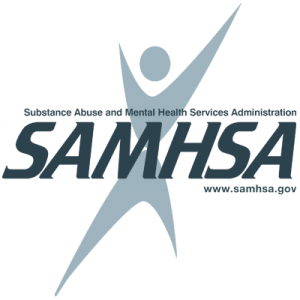Home > SAMHSA and SAMHSA-Supported Resources

This guide focuses on research supporting adaptations of evidence-based practices (EBPs) for under-resourced populations. Adaptations involve tailoring care, programs, and services to the cultural, social, gender, and demographic contexts of the people served to yield positive outcomes.
The Substance Abuse and Mental Health Services Administration (SAMHSA) collaborated with the U.S. Department of Health and Human Services, Office of Minority Health to develop this Behavioral Health Implementation Guide for the National Standards for Culturally and Linguistically Appropriate Services in Health and Health Care. This guide underscores how the National CLAS Standards can improve access to behavioral health care, promote quality behavioral health programs and practice, and reduce persistent disparities in mental health and substance use treatment for underserved and minority populations.
Behavioral Health Equity is the right to access quality health care for all populations regardless of the individual’s race, ethnicity, gender, socioeconomic status, sexual orientation, geographical location and social conditions through prevention and treatment of mental health and substance use conditions and disorders. Find resources for behavioral health equity here.
Find data on health disparities and health care quality among diverse populations, cultural and linguistic competency, health literacy, and health reform. Resources include national survey reports, agency and federal initiatives, and related behavioral health resources.
Access resources and online training on cultural competency from SAMHSA and other agencies and organizations.
The Office of Behavioral Health Equity (OBHE) coordinates SAMHSA’s efforts to reduce disparities in mental and/or substance use disorders across populations. OBHE’s efforts focus on promoting behavioral health equity for underserved racial and ethnic minorities, as well as lesbian, gay, bisexual, and transgender (LGBT) populations.
A compilation of resources including those for training and technical assistance, national CLAS standards, cultural humility and considerations. There are also resources for specific groups such as African Americans, Latinx populations, Native Americans, women, LGBTQ people, and youth.
This report provides findings from a qualitative analysis of evidence-based and culturally relevant behavioral health practices offered at NNEDLearn, a SAMHSA training, offered from 2011 to 2020. It includes an overview of NNEDLearn, case studies, strategies, and lessons learned.
The National Network to Eliminate Disparities in Behavioral Health (NNED) is a network of community-based organizations focused on the mental health and substance use issues of diverse racial and ethnic communities. The NNED supports information sharing, training, and technical assistance towards the goal of promoting behavioral health equity.
This resource list was developed by the PTTC Culturally & Linguistically Appropriate Practices Work Group, and represents a compilation of resources produced by the PTTC Network to help individuals understand the impact of culture and identity in prevention efforts. The list includes resources for multiple racial and gender groups, as well as adolescents and veterans.
This list of resources is a collaboration between all Technology Transfer Centers and includes categories for behavioral health, substance use and prevention, working with youth, and discrimination, race, and privilege.